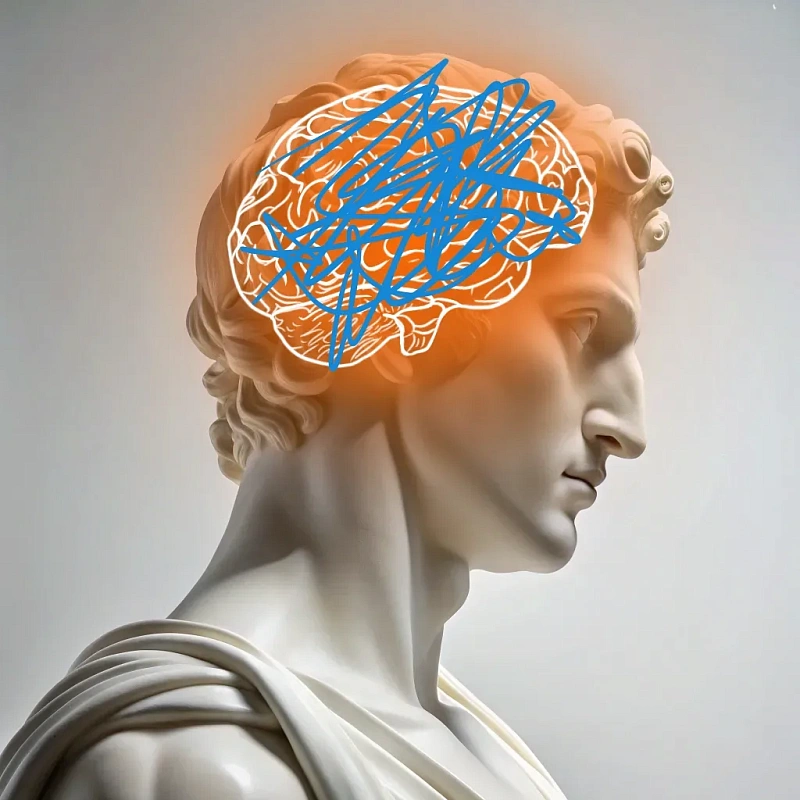Consultation with a psychiatrist
Often mental disorders do not allow the patient to adequately assess his condition and help himself. A psychiatrist will diagnose, prescribe treatment and provide support for mental disorders and emotional problems.

Psychiatric care may include various assessment methods, including psychotherapy, interviews, psychological tests and, if necessary, medication.
Benefits
An integrated approach
The examination takes into account both psychological and physiological aspects of the patient's health.
Confidentiality
The conversation between the patient and the psychiatrist is strictly confidential, which creates a safe environment for treatment.
Modern methods
The psychiatrist will offer effective and proven methods of diagnosis and treatment.
Support
Being accompanied by a psychiatrist helps patients better understand and manage their conditions.
In what cases is it necessary to see a doctor?
Mood disorders and anxiety disorders
Symptoms of depression, anxiety, and mood swings that interfere with normal life.
Behavioral disorders
Behavioral changes such as aggression, impulsivity, relationship problems, social isolation, or any other atypical human behavior.
Chronic mental illness
Personality disorders, schizophrenia, schizoaffective disorder and others.
Disorders of neurodevelopment
Autism spectrum disorders, attention deficit hyperactivity disorder, and others.
Eating disorders
Anorexia, bulimia, ARFID and others.
Preparation for the appointment of a psychiatrist
Before the first visit to a psychiatrist, the patient may be asked to fill out a mood diary or questionnaires that will help the doctor get a complete picture of the problem. It is also useful to make a list of all medications taken and the history of contacting other specialists.

Consultation
During the consultation, the psychiatrist will interview the patient to find out about his current complaints and symptoms, life situation, and medical history. Tests and questionnaires can be used to assess the mental state. Based on the information received, the psychiatrist will develop a treatment plan. The psychiatrist may also prescribe additional studies: ECG, MRI, thyroid examinations and blood tests (for example, iron metabolism, vitamin D and others).

Врачи
Смотреть всех врачейExpected effect
Understanding your condition
The conclusion of a psychiatrist will help the patient understand what is happening to him and how to solve his problems.
Development of a treatment plan
Drawing up an individual treatment plan taking into account the specifics of the patient's condition.
Improvement of well-being
Reducing or eliminating the symptoms of a mental disorder.
Prevention of future problems
Getting help early and regular consultations can prevent the condition from getting worse and provide better control over symptoms.
